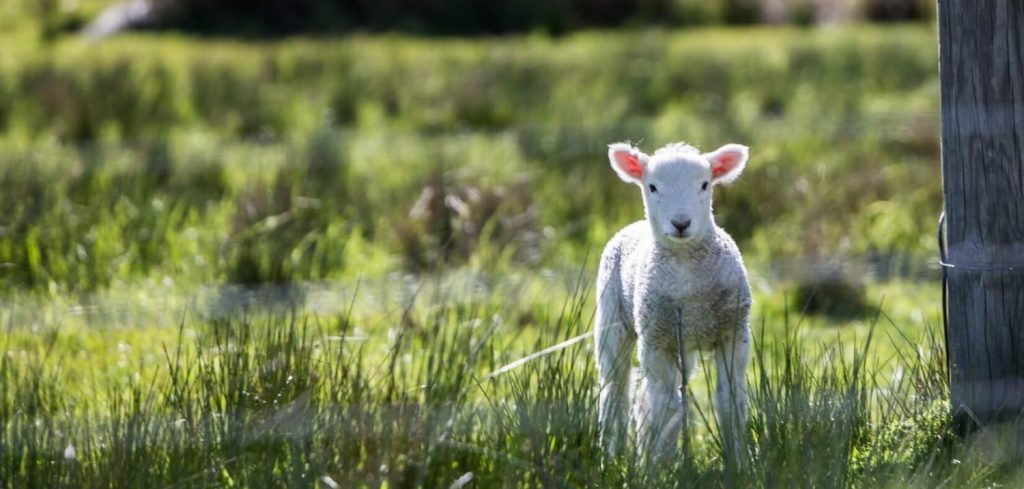Recently, a controversial new farming venture has been dividing Kiwi opinions – are sheep the new cash cows?
Sheep milk isn’t new. It is only after a TV segment this week and a push from farmers for sheep to be milked that the idea has gained nationwide interest. Some argue that NZ is overpopulated with sheep, saying by farming these animals take up land space which could be used more wisely.
On the other hand, there is now an abundance of plant-based alternatives out there that are healthier for our bodies and the already damaged environment. Additionally, dairy prices in NZ are soaring, hence many consumers are seeing no option but to switch to a cheaper alternative.

The prospect of sheep (or deer and goat) milk hitting shelves isn’t sitting well with everyone, even dairy-drinkers. An odd thing for kiwis to be up in arms about, considering the majority of the population consume the maternal secretions from cows.
Humans are the only species to consume milk post-weaning and that milk is not of their own species. Cow milk is nutritionally designed to grow calves, the same way human breast milk is compositely designed to grow a human baby and sheep milk is made to nourish lambs during early life.
Societal values have lead to humans drinking cow milk throughout their adulthood which means it’s mostly considered ‘natural’.
So how is drinking sheep milk any different to drinking cow milk? And why does this happen at all, when it isn’t intended by the course of nature?

Although times are changing fast, many traditional New Zealanders are big supporters of animal agriculture. For many years, especially meat and dairy farming (dubbed the “white gold rush”) have been considered the ‘bread and butter’ of the NZ economy. However, many are coming to see, horticulture can be just as profitable, if not more. For example, kiwifruit, avocado, and cherry are growing popular in the Kiwi climate.
“The growth of the alternative dairy categories on the supermarket shelves is an example of people wanting alternatives to the traditional foods that they have [as] consumers, particularly in the west…We’ve maxed out our assets and so we have to find alternatives, which means getting close to your customers – looking for those niche markets which, by definition, means getting out of commodities.” Says Steven Carde of NZ Landcorp.
“But the challenge … is that you have got to be unique, so we need to be thinking about what we are producing as a country and as a company.”


